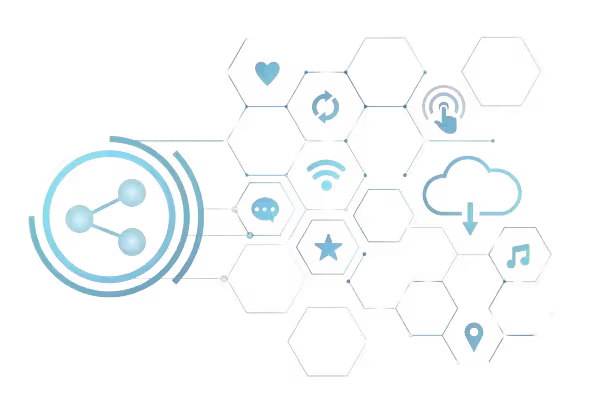The advent of IoT has helped many industries to operate at their optimum efficiency. More than 15 billion devices, be it home appliances, automobiles, machineries and even fabrics everything are connected to the internet as I write. The number of connected devices is increasing by enormous proportion day by day and one of the major industries that would benefit from the same would be transportation and logistics. The shipment conditions, quality status of the product under transit, item location, hazard detection, fleet tracking etc. are some of the areas where IoT can be applied in the supply chain management.
The impact of “Data” in supply chain management
According to industry experts, Data is going to be the most sort after commodity in any industry. The access to real time data is extremely important in transportation and logistics industry to improve and optimize the operational efficiency. This is achieved through the help of diverse array of technologies including wireless network (Bluetooth, RFID, Zigbee, Wi-Fi etc.), mesh network, and wide area connections like 3G, LTE etc.
The impact of IoT in logistical operations is huge; we shall have a look in detail on how IoT is fast becoming a game changer in transportation and logistics industry.
Optimum visibility for the transporting assets
Visibility is a major factor in supply chain management, the inventory that is shipped can be tracked, assessed and managed remotely thanks to the help of IOT. RFID is used extensively these days by the logistics supplier to track the transporting assets. It is extremely important to know the current location of the asset for the customer as they can prepare their storage accordingly.
Better Fleet Management
Ultimately it is the transportation facility that should improve to ensure a smooth handover of goods. IoT provides optimum solutions for better fleet management. The trucks that are used to transport the goods would be equipped with GPS device, the service routes can be remotely set up for the drivers in case of any road blocks or traffic diversions. Nowadays most modern trucks are well connected with the internet, so when there is some fault with the automobile, the server centres can pick it up easily. The maintenance records and service history would be readily available for the concerned auto technician on a button click. The driver would also be connected both to the supplier and the customer resulting in an improved customer service experience.
Monitoring Shipment Products
A logistic company would be transporting products across all genres; some products might need that extra attention. Take the case of gas transportation, here maintaining an optimum pressure in the tank compartment is important. Real time data would be sent to the supplier notifying the current situation in the compartment and with the help of IoT we can even trigger remedial counters remotely. Another situation we can think of is the Load Balancing feature, which can be managed remotely with the help of load cell. If and when there is a leakage or fluctuation in temperature, both driver and the supplier would be notified immediately
There are also few other application areas of IoT in supply chain management, some big companies have invested heavily in automating their warehouse floor thus ensuring everything from the ventilation to driver less fork lift to the bin location, everything is automated. Maintenance on Demand is going to be next big thing in the automobile maintenance thus ensuring a well-connected automobile fleet. Ensuring the safety and security of the people working in the transportation and logistics industry can be ensured through supply chain risk management portals.



